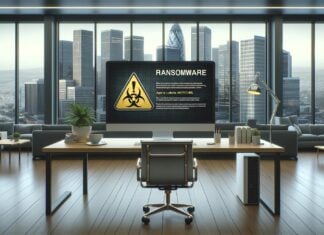
Here’s a bit of a shock for you: about half of all adult Americans have a photograph stored in the FBI facial recognition database. What’s even more shocking, it is that these photos are being stored without the consent of the individuals. Approximately 80 percent of the photos the FBI has are of non-criminals, and might take the form of passport or driver’s license photos. Furthermore, there is a 15 percent rate of inaccuracy when matching photos to individuals, and black people are more likely to be misidentified than white people.
You can’t deny that this technology is very powerful for law enforcement, but it can also be used for things like stalking or harassment. There is also the fact that this technology allows almost anyone to scan anyone else. There are no laws controlling it, either.
If you think that’s scary, consider this: The technology to do this has been used since around 2010, and the FBI never informed the public, nor did they file a privacy impact assessment, which is required, for five years. Where is the FBI getting this information? From the states.
Basically, the FBI made arrangements with 18 different states, which gives them access to driver’s license photos. People are not made aware that the FBI has this access, nor are they informed that law enforcement from across the country can access this information.
Just last year, the GAO, which is the US government accountability office, took a look how the FBI is using facial recognition and found that it was lacking accuracy, accountability, and oversight. They also found that there was no test for a false positive nor racial bias.
What’s even more interesting is that several companies that develop this technology admit that it should be more tightly controlled and regulated. For instance, one such company, and the CEO, has said that he is “not comfortable” with this lack of regulation, and that the algorithms that are used commercially are much more accurate than what the FBI has. But, many of these companies are not willing to work with the government. Why? Because they have concerns about using it for biometric surveillance.
Robert Siciliano personal security and identity theft expert and speaker is the author of 99 Things You Wish You Knew Before Your Identity Was Stolen. See him knock’em dead in this identity theft prevention video.



















